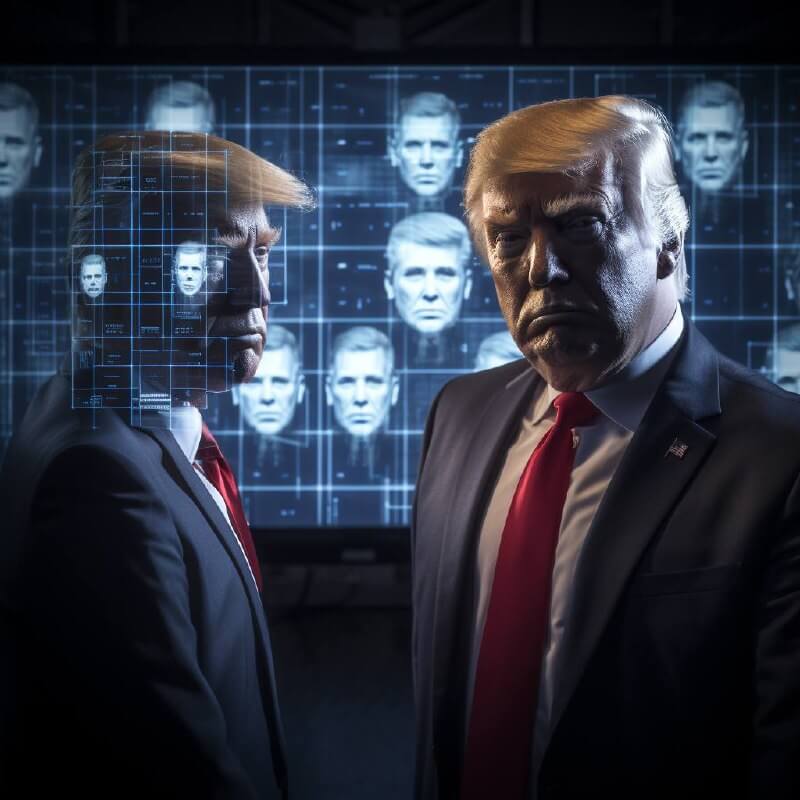In political campaigning, a new player has entered the field: Artificial Intelligence (AI). This technology, known for its prowess in various sectors, has now significantly shaped political narratives and influenced voter opinions. The recent Argentine elections serve as a prime example, where AI-generated content, including deepfakes and fabricated images, played a pivotal role in the campaigning strategies of both major political parties.
AI’s role in shaping voter perception
In a striking turn of events, the Argentine election witnessed an unprecedented use of AI technologies. President-elect Javier Milei’s campaign leveraged these tools to create and disseminate an image of his Peronist rival, Sergio Massa, in a negative light. This AI-generated portrayal of Massa, dressed in military attire and saluting in a communist style, gained significant traction on social media, amassing around 3 million views. This tactic underscores a growing trend in political campaigns where AI is used for voter engagement and creating controversial and attention-grabbing content.
Conversely, Massa’s campaign was not far behind in employing similar AI techniques. His team distributed AI-created images and videos through an unofficial Instagram account, showcasing him in various powerful personas, from a Roman emperor to a victorious boxer. These depictions aimed to bolster his image as a strong and capable leader.
Ethical concerns and global implications
The use of AI in political campaigning raises substantial ethical questions and concerns about the integrity of democratic processes. While creating satirical or exaggerated representations of political figures is not new, the ease and realism with which AI can now generate such content are alarming. It blurs the line between reality and fabrication, making it increasingly difficult for voters to discern the truth.
The Argentine example is not an isolated case. Similar tactics are being observed globally, with countries like the United States, Indonesia, and India also gearing up for elections where AI could play a significant role. This trend is driven by the advent of generative AI tools like Midjourney, which simplify the creation of convincing yet fabricated images and videos. These tools are accessible and cost-effective, but they risk being used to mislead or manipulate public opinion.
Experts like Darrell West from the Brookings Institution and Richard Kuchta, a disinformation researcher, highlight the potential dangers of AI in elections. They stress the urgent need for regulations and disclosures, especially concerning deepfake content. Social media giants like Meta Platforms have already begun to address these issues, planning to mandate disclosure for AI-altered political advertisements from 2024.
Navigating the AI-political landscape
AI’s role in political campaigns is not inherently negative despite the challenges. When used responsibly, it can be a powerful tool for engaging voters and communicating complex political messages effectively. However, the line between use and misuse is thin and often blurred.
In response, countries are beginning to explore regulatory frameworks to manage the use of AI in political campaigning. In the U.S., proposals are being considered to prohibit deceptive AI-generated content in political ads. Similar efforts are observed in other nations, though Argentina has yet to introduce such regulation.
As AI continues to evolve and integrate into various aspects of life, its impact on democracy and political campaigning cannot be overlooked. The challenge lies in balancing the benefits of this technology while safeguarding the integrity of democratic processes. The Argentine election serves as a case study and a cautionary tale for nations worldwide, signaling a need for a concerted effort to address the ethical and regulatory challenges posed by AI in the political arena.





